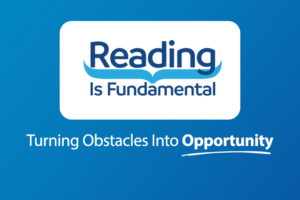Sarah Ford | October 3, 2013
Did the Wrong Man Spend 40 Years in Solitary Confinement?
It is now only a matter of weeks, or days perhaps, before Herman Wallace dies of the liver cancer that is ravaging his body. He will likely die in prison, at age 72, without proper medical treatment, after spending nearly four decades in a 6′ by 9′ cell. He was placed in solitary confinement after being convicted in January 1974 of killing a prison guard at Louisiana’s notorious Angola prison. Wallace is black. The guard was white, and so was each member of the southern jury that convicted him.
The case against Wallace was pitifully weak when it was presented to that jury; some of the constitutional infirmities at trial were almost farcical. But over the years the courts of that state, along with Congress and the federal courts, have constructed a mighty wall protecting that jury’s verdict. Layer upon layer of procedural protections has been built around it so that today, as Wallace nears death, it is easy to see the vast gulf that exists here between law and justice.
And that, ironically, may be the most important legacy Wallace leaves from his miserable time on this earth. A member of the famed “Angola 3,” Wallace in life has been a symbol of many different things to many different people. He has generated more than his share both of pity and scorn. In death, however, he will become a symbol of a justice system that too often prizes finality over accuracy, but without the candor or courage to actually say so. The law says that Herman Wallace got a fair trial. But we all can judge for ourselves what that really meant to a black inmate in Louisiana in 1974.
Source: The Atlantic via NAACP LDF
Get Resources and Insights Straight To Your Inbox
Explore More Articles
Workplace Fundraising + Volunteering Summit (April 2nd and 3rd, 2025)
Join us in attending this virtual summit! The America’s Charities team is joining up with other leading voices in the workplace giving space for a…
Read ArticleThe Time to Act is Now
The results of the 2024 National Assessment of Educational Progress (NAEP) are in, and the findings are, in a word, heartbreaking. This assessment serves as…
Read ArticleOpen Position: Non-Profit Account Manager, Employee Assistance Funds & Scholarships (Remote – Full Time)
We are professional, agile, customer-centric and our goal is to inspire employees and organizations to support causes they care about. We help nonprofits fundraise unrestricted,…
Read ArticleGet Resources and Insights Straight To Your Inbox
Receive our monthly/bi-monthly newsletter filled with information about causes, nonprofit impact, and topics important for corporate social responsibility and employee engagement professionals, including disaster response, workplace giving, matching gifts, employee assistance funds, volunteering, scholarship award program management, grantmaking, and other philanthropic initiatives.




